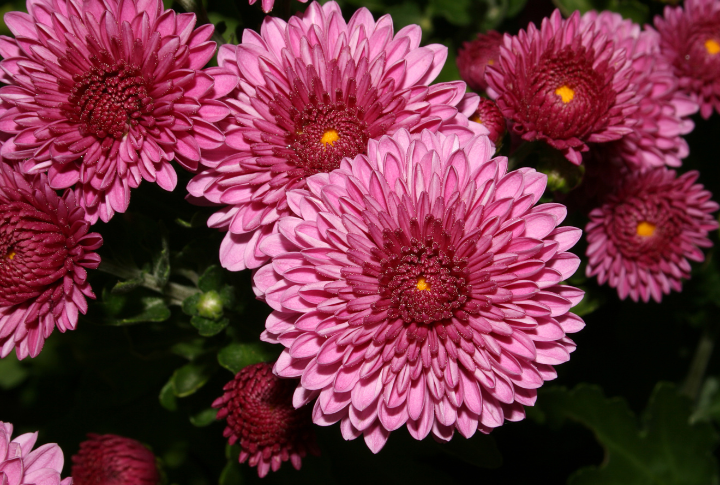
Ever walked into a room and felt off? That’s energy, and Feng Shui says plants can help by shifting and balancing the vibe as well as bringing prosperity, peace, and vitality. With the right greenery, your space can go from dull and draining to fresh and full of life. Explore these 20 Feng Shui plants and see how a simple touch of nature can change the energy around you.
Lucky Bamboo

Lucky Bamboo tops every Feng Shui plant list for a reason. Its upright stalks represent resilience, while the number of stalks—typically three, five, or seven—carry specific blessings. Set it in the southeast wealth corner of your home, keep it in water or moist soil, and let the symbolism do the rest.
Money Tree

This braided-trunk beauty is practically synonymous with abundance. Legend says the twists lock in financial fortune, but it’s not just for show—it’s hardy, adaptable, and visually striking. A brightly lit spot with indirect sun and moderate watering is all it needs to stand tall and quietly reinforce prosperity energy around your workspace or home.
Snake Plant

Snake Plants are the guardians of any room. Their sword-like leaves slice through stale air, while Feng Shui credits them with warding off bad vibes. Perfect for entryways, they thrive on benign neglect—low light, little water, big payoff. Think of it as the no-nonsense bodyguard for your home’s energy.
Peace Lily

A Peace Lily doesn’t just look graceful—it actively purifies the air and absorbs stress, making it the ideal antidote to tense spaces. Its gentle droop signals when it needs water, keeping care simple. Place it near living areas to promote calm or in busy rooms to soften overstimulation.
Jade Plant

Thick, round leaves resembling coins give the Jade Plant its association with wealth. Known for thriving on minimal fuss, it’s a staple on office desks or at cash registers. Keep the soil on the dry side, give it bright, indirect light, and let it quietly nurture financial growth and stability.
Aloe Vera

Aloe Vera pulls double duty—healing and energy-cleansing. Some believe its fading leaves absorb negativity lingering in a space. It prefers bright light and infrequent watering, making it perfect for sunny kitchens or doorways where it can do its protective work without much extra effort.
Pothos
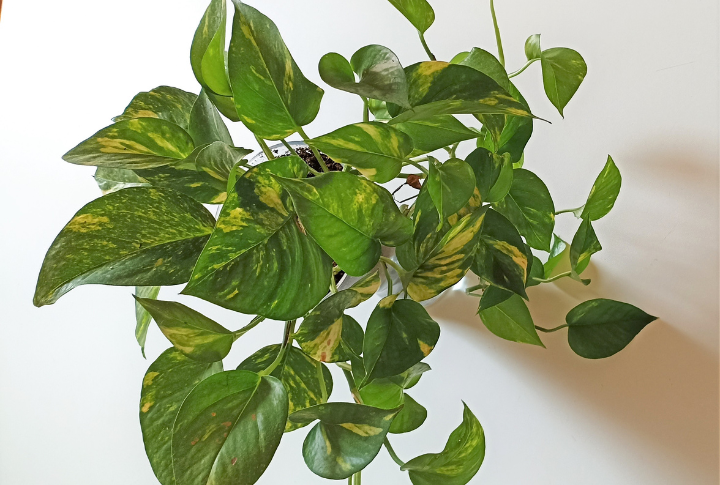
Pothos brings vitality wherever it lands. This trailing vine fills empty corners effortlessly, needing only occasional watering and indirect light to thrive. Its lush, cascading leaves rejuvenate stagnant areas, which makes it a simple fix for spaces that feel overlooked or heavy.
Orchids
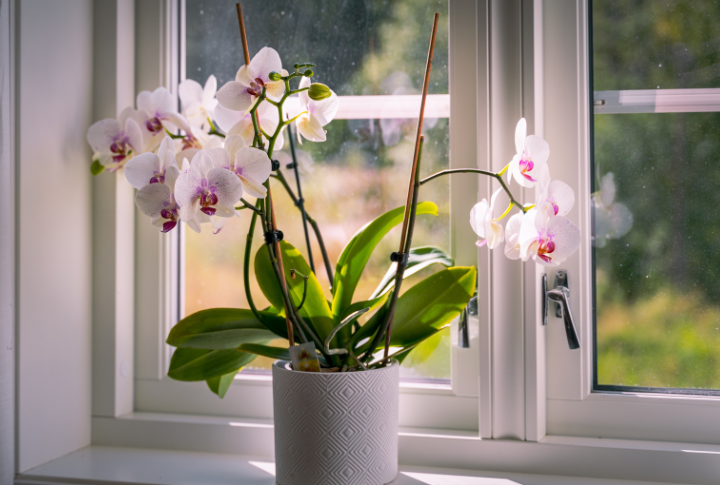
Orchids, with their elegant stems and long-lasting blooms, symbolize love, fertility, and strong relationships in Feng Shui practice. They’re not as high-maintenance as they appear; a well-lit room and light watering keep them happy. A bedroom placement strengthens partnerships, while their beauty enhances any space they occupy.
Boston Fern
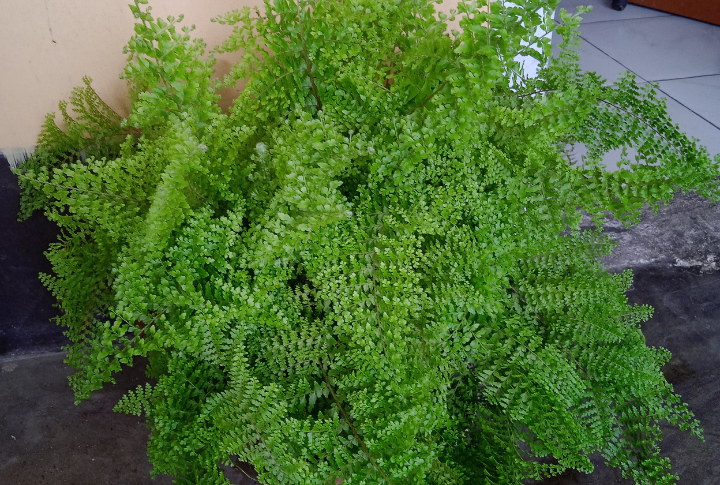
Boston Ferns soften the edges of a room with their feathery, abundant fronds. Not only do they restore moisture to dry air, but they’re known in Feng Shui circles to clear lingering negativity. Bathrooms, kitchens, or any area needing fresh, calming energy benefit from this lush greenery.
Rubber Plant
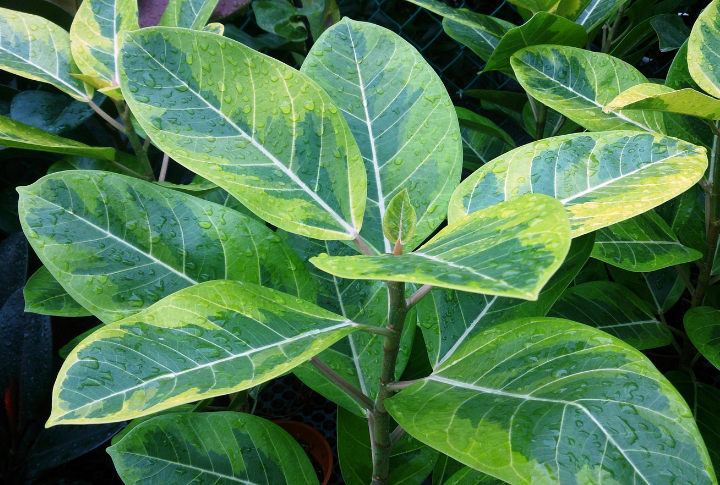
Sturdy, glossy leaves give the Rubber Plant a strong visual presence, often linked to stability and prosperity. It prefers moderate light and occasional watering but otherwise doesn’t ask for much. Place it in your living or workspace to ground the energy and encourage steady success.
Lavender
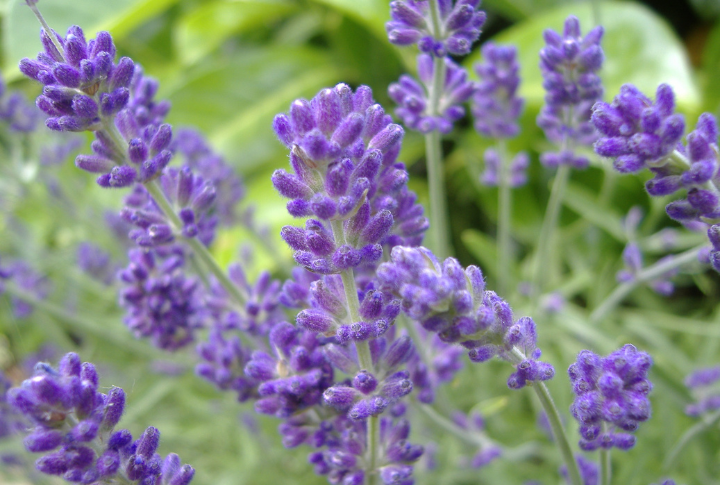
Lavender may not be a typical houseplant, but its fragrance makes up for that. Beyond stress relief, it’s associated with promoting peaceful transitions and relaxation. A sunlit windowsill is ideal, especially near your bed or entrance, where its calming aroma infuses the space with serenity.
Fiddle Leaf Fig
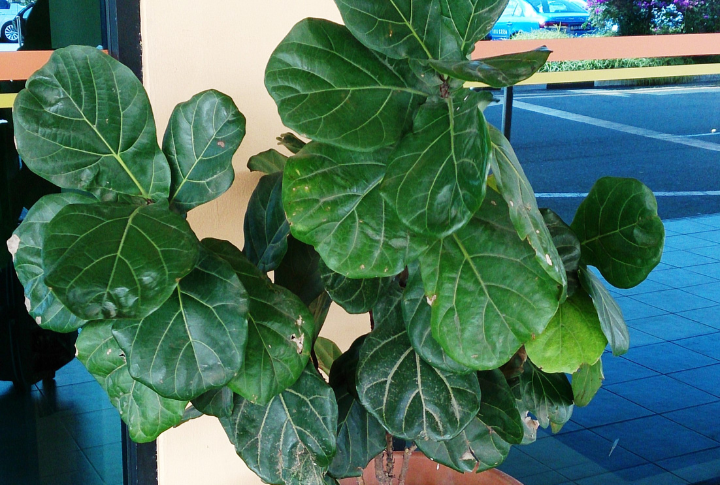
A Fiddle Leaf Fig commands attention with bold, upward-reaching leaves. More than just a design statement, it symbolizes growth and confidence. Bright, indirect light and occasional watering keep it healthy. Place it where strong, upward energy is needed—a room’s corner, an entryway, or even an office.
Rosemary

Beyond seasoning, Rosemary is regarded in Feng Shui as a plant that sharpens clarity and sweeps away negativity. It loves full sun, making it perfect for kitchens where its protective qualities and culinary uses can work together. Plus, brushing past it releases its fresh, invigorating scent.
Calathea
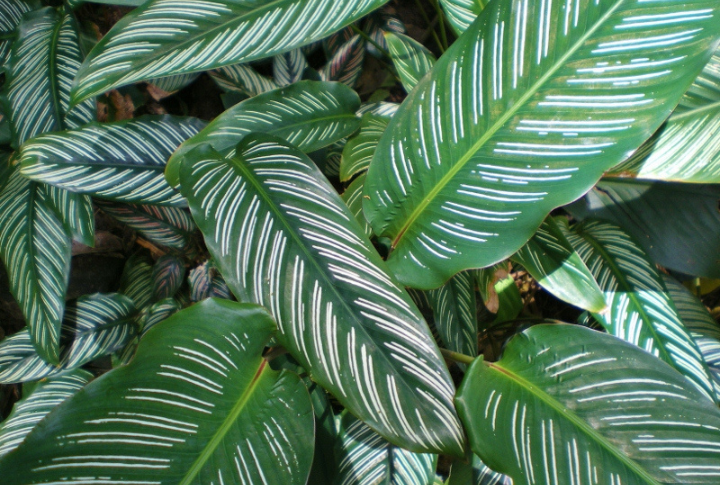
Calathea’s signature feature—folding its leaves at night—mirrors the daily cycle of rest and renewal. It’s associated with mindfulness and balance, thriving in indirect light with consistent watering. It’s ideal for meditation spaces, reading nooks, or anywhere you want to create an intentional pause in the day.
ZZ Plant
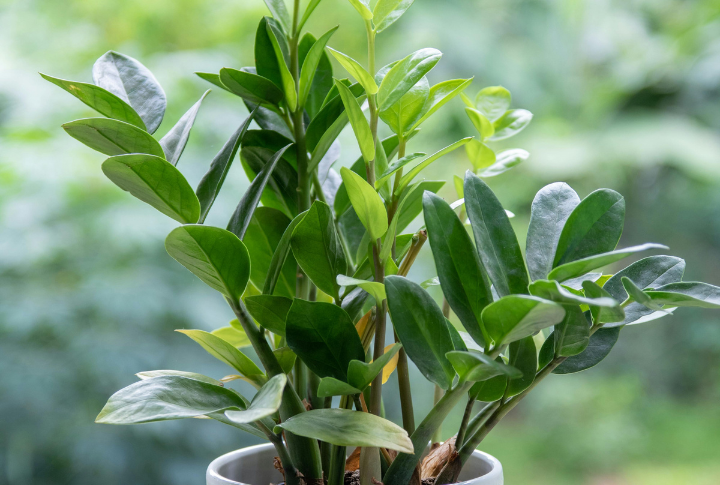
The ZZ Plant is as forgiving as it gets. Almost impossible to kill, it handles low light, erratic watering, and still grows steadily. It symbolizes resilience and slow, sustained progress—great energy for home offices or creative spaces where consistency matters.
Chinese Evergreen
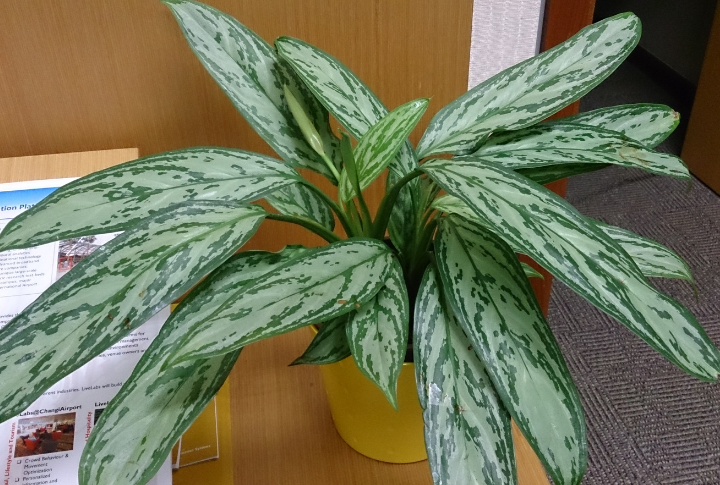
Known for adaptability, Chinese Evergreen thrives even in low-light conditions while bringing luck, especially in finances. Feng Shui encourages placing it in your wealth corner. Its colorful, patterned leaves keep things lively, and it requires minimal upkeep—perfect for busy homes looking to invite good fortune.
Basil
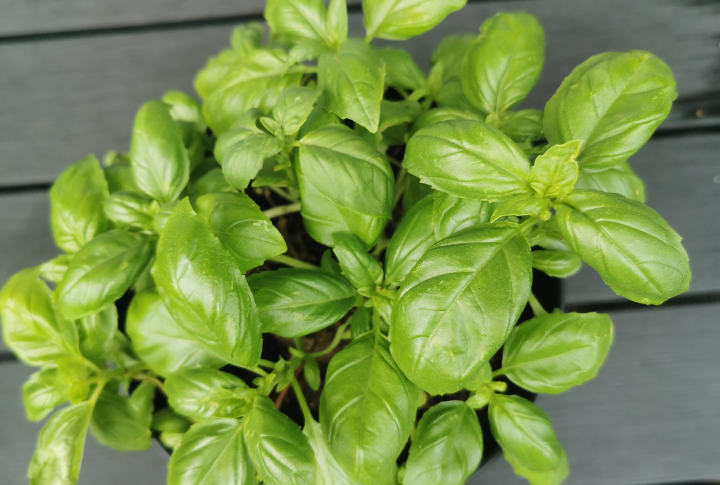
Basil doesn’t just belong in the kitchen. It’s a Feng Shui favorite for attracting prosperity and love. A pot on the windowsill keeps fresh herbs within reach while infusing the space with positive energy. Plus, nothing beats tossing freshly picked basil into a simmering dish.
Chrysanthemums
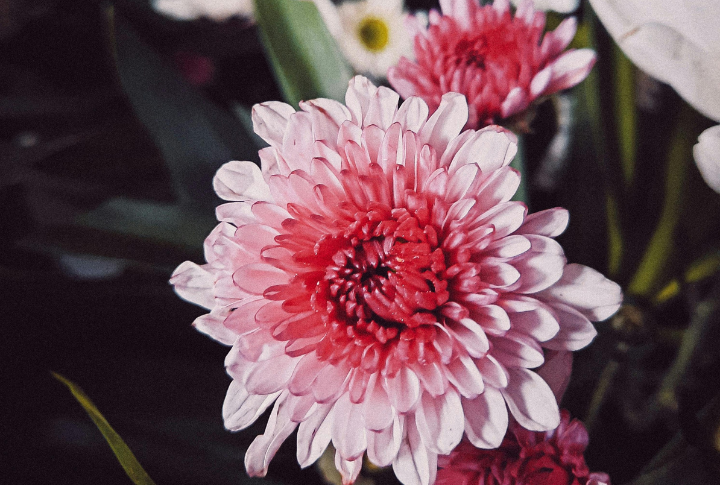
Symbolizing joy and longevity, Chrysanthemums are a cheerful, enduring addition. Their bright blooms uplift energy in communal areas like living rooms. Regular watering and indirect light keep them thriving. They’re often associated with long life, which makes them more than just another pretty plant.
Areca Palm
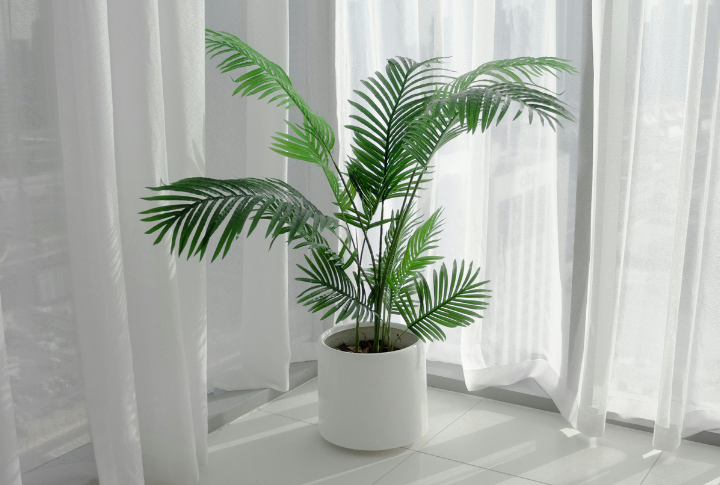
The Areca Palm acts like an air purifier with a calming touch. Known to clear out toxins while encouraging light energy flow, it’s perfect for spaces that feel heavy or stale. Set one near windows to freshen the vibe and soften the room’s overall mood.

